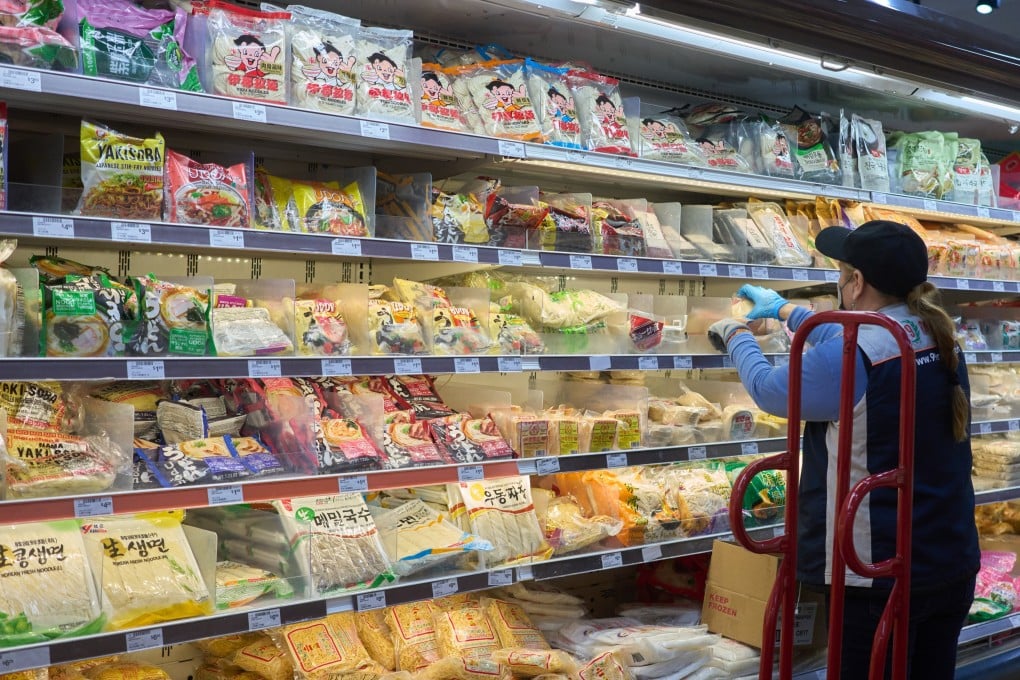Advertisement
Opinion | Trump’s tariff wall was never about fairness or reciprocity
Blanket tariffs on all goods imports confirm he is committed to ‘liberating’ the US from the very system that made it prosperous
Reading Time:3 minutes
Why you can trust SCMP
7

Globalisation helped make the United States the most prosperous country in history, but many Americans apparently did not feel (or appreciate) it, so they voted to “liberate” themselves from the system that America built. US President Donald Trump is now delivering for them, and the consequences are reverberating around the world.
“Now it’s our turn to prosper,” Trump proclaimed on April 2, when he announced sweeping tariffs, ranging from 10 to 50 per cent, on almost every US trading partner (plus a few uninhabited territories). China was hit with a 34 per cent tariff on top of the 20 per cent duties Trump had already levied in February and March. Japan, the European Union and South Korea will face tariffs of 24, 20 and 25 per cent, respectively.
Trump’s “Liberation Day” heralds America’s definitive turn against globalisation. Virtually overnight, the effective tariff rate on US imports will rise to over 22 per cent, higher even than the infamous 1930 Smoot-Hawley tariffs, which are widely blamed for starting a global trade war and deepening the Great Depression.
Advertisement
Trump describes the new tariffs as “reciprocal”, but the White House’s formula does not consider other countries’ tariff rates and non-tariff barriers against US goods. Instead, the calculation assumes that bilateral goods trade deficits are necessarily and entirely “unfair”, representing “the sum of all cheating”.
This is, of course, a gross misunderstanding of how trade works. There is nothing inherently bad or unsustainable about bilateral trade deficits. Surpluses and deficits can reflect many factors unrelated to trade policy – from population size, wealth, saving rates and resource endowments to idiosyncratic preferences for certain products over others.
Advertisement
In Trump’s world view, however, if other countries spend less to buy goods from America than America spends to buy goods from them, that is evidence of the US getting “ripped off”. Thus, his new tariffs punish poor countries like Lesotho and Madagascar for being unable to spend as much on Tesla Cybertrucks and Boeing jets as wealthier Americans spend on their diamonds and vanilla.
Advertisement
Select Voice
Select Speed
1.00x
